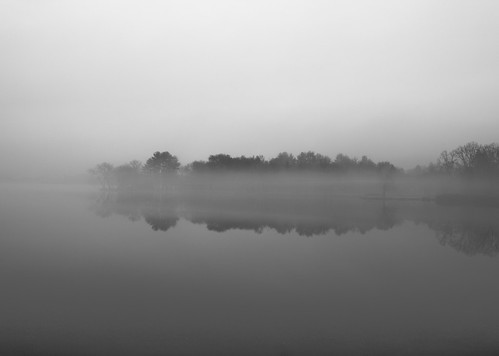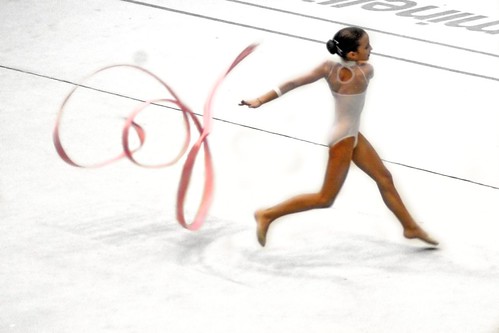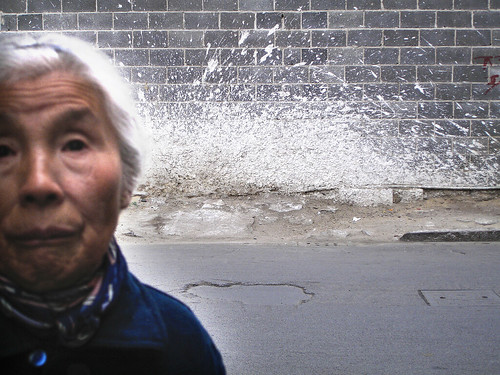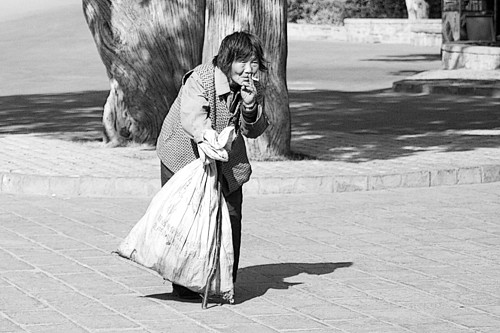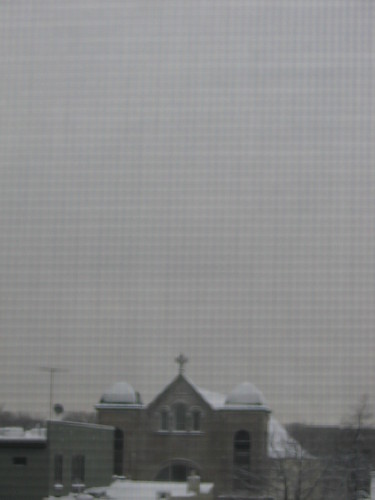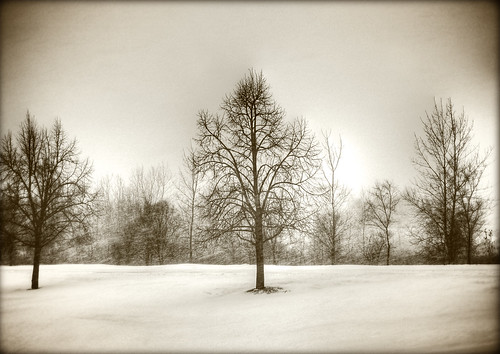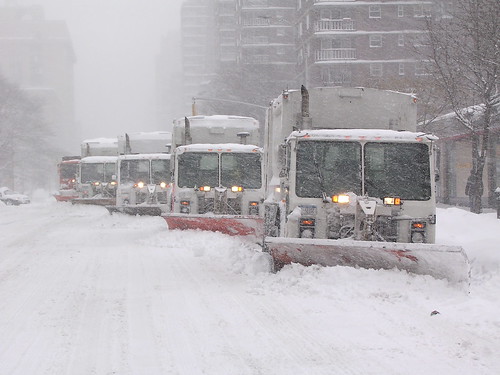Going There
Of course it was a disaster.
The unbearable, dearest secret
has always been a disaster.
The danger when we try to leave.
Going over and over afterward
what we should have done
instead of what we did.
But for those short times
we seemed to be alive. Misled,
misused, lied to and cheated,
certainly. Still, for that
little while, we visited
our possible life.
The Abnormal Is Not Courage
The Poles rode out from Warsaw against the German
Tanks on horses. Rode knowing, in sunlight, with sabers,
A magnitude of beauty that allows me no peace.
And yet this poem would lessen that day. Question
The bravery. Say it's not courage. Call it a passion.
Would say courage isn't that. Not at its best.
It was impossib1e, and with form. They rode in sunlight,
Were mangled. But I say courage is not the abnormal.
Not the marvelous act. Not Macbeth with fine speeches.
The worthless can manage in public, or for the moment.
It is too near the whore's heart: the bounty of impulse,
And the failure to sustain even small kindness.
Not the marvelous act, but the evident conclusion of being.
Not strangeness, but a leap forward of the same quality.
Accomplishment. The even loyalty. But fresh.
Not the Prodigal Son, nor Faustus. But Penelope.
The thing steady and clear. Then the crescendo.
The real form. The culmination. And the exceeding.
Not the surprise. The amazed understanding. The marriage,
Not the month's rapture. Not the exception. The beauty
That is of many days. Steady and clear.
It is the normal excellence, of long accomplishment.
Recovering Amid The Farms
Every morning the sad girl brings her three sheep
and two lambs laggardly to the top of the valley,
past my stone hut and onto the mountain to graze.
She turned twelve last year and it was legal
for the father to take her out of school. She knows
her life is over. The sadness makes her fine,
makes me happy. Her old red sweater makes
the whole valley ring, makes my solitude gleam.
I watch from hiding for her sake. Knowing I am
there is hard on her, but it is the focus of her days.
She always looks down or looks away as she passes
in the evening. Except sometimes when, just before
going out of sight behind the distant canebrake,
she looks quickly back. It is too far for me to see,
but there is a moment of white if she turns her face.
Metier
The Greek fishermen do not
play on the beach and I don't
write funny poems.

